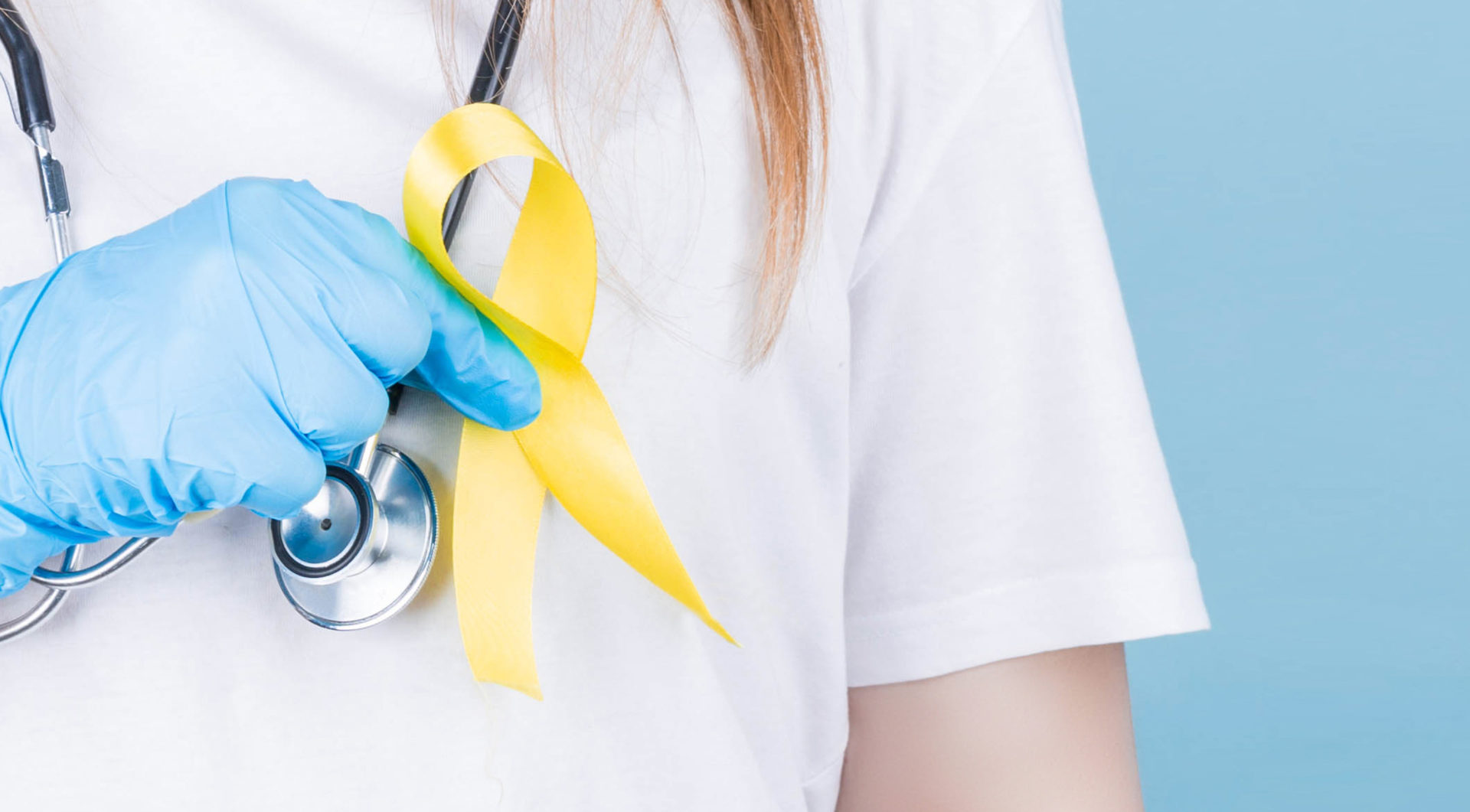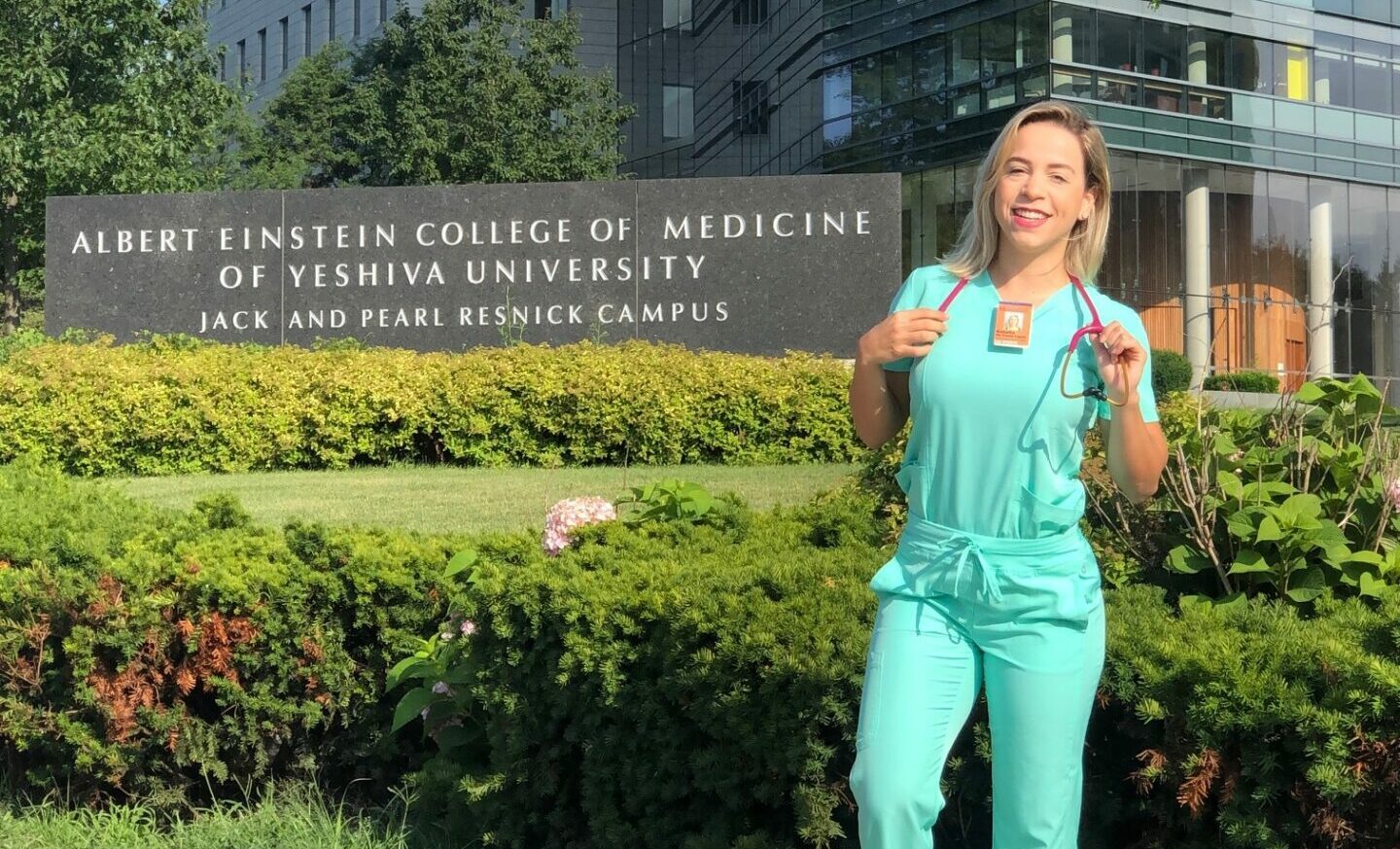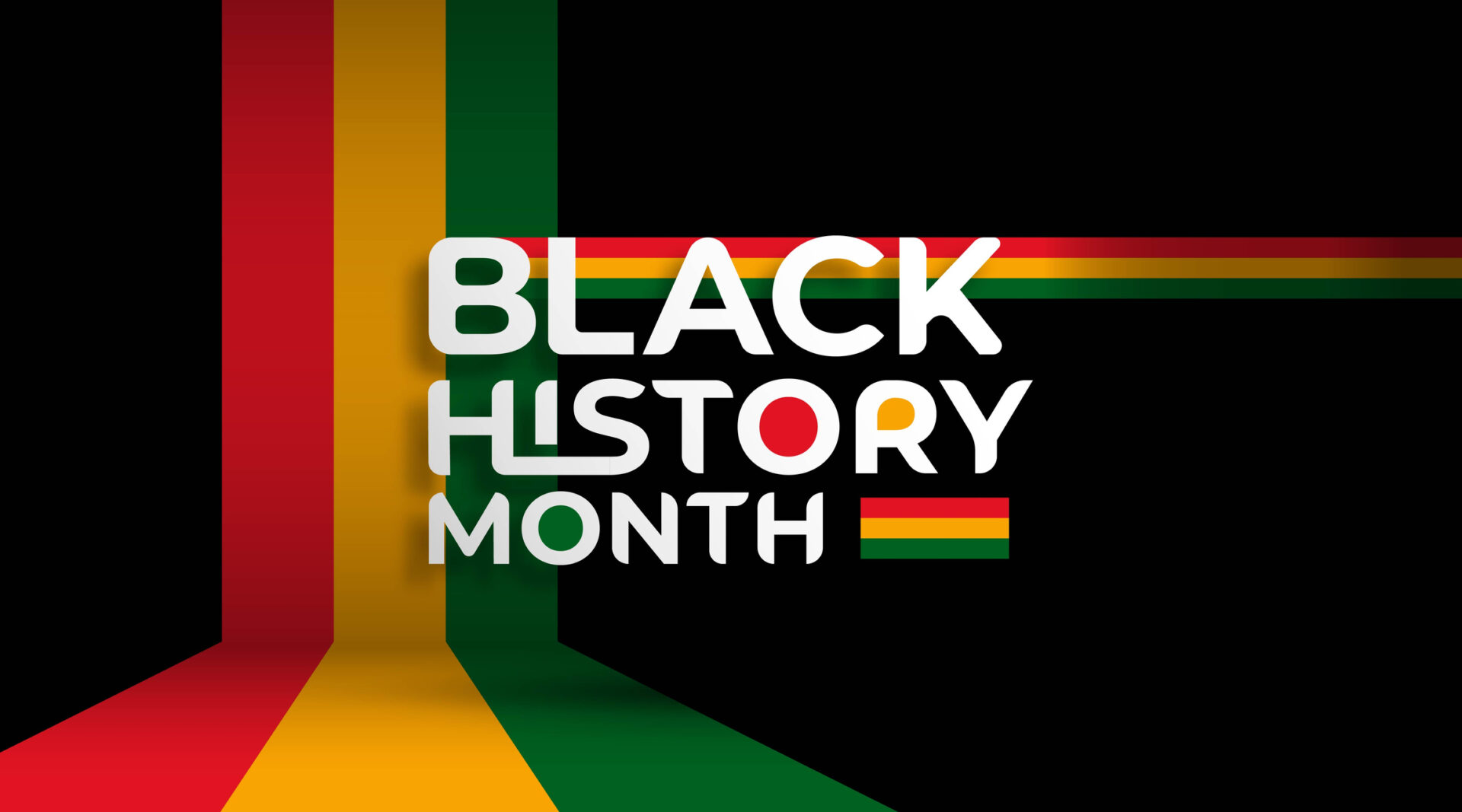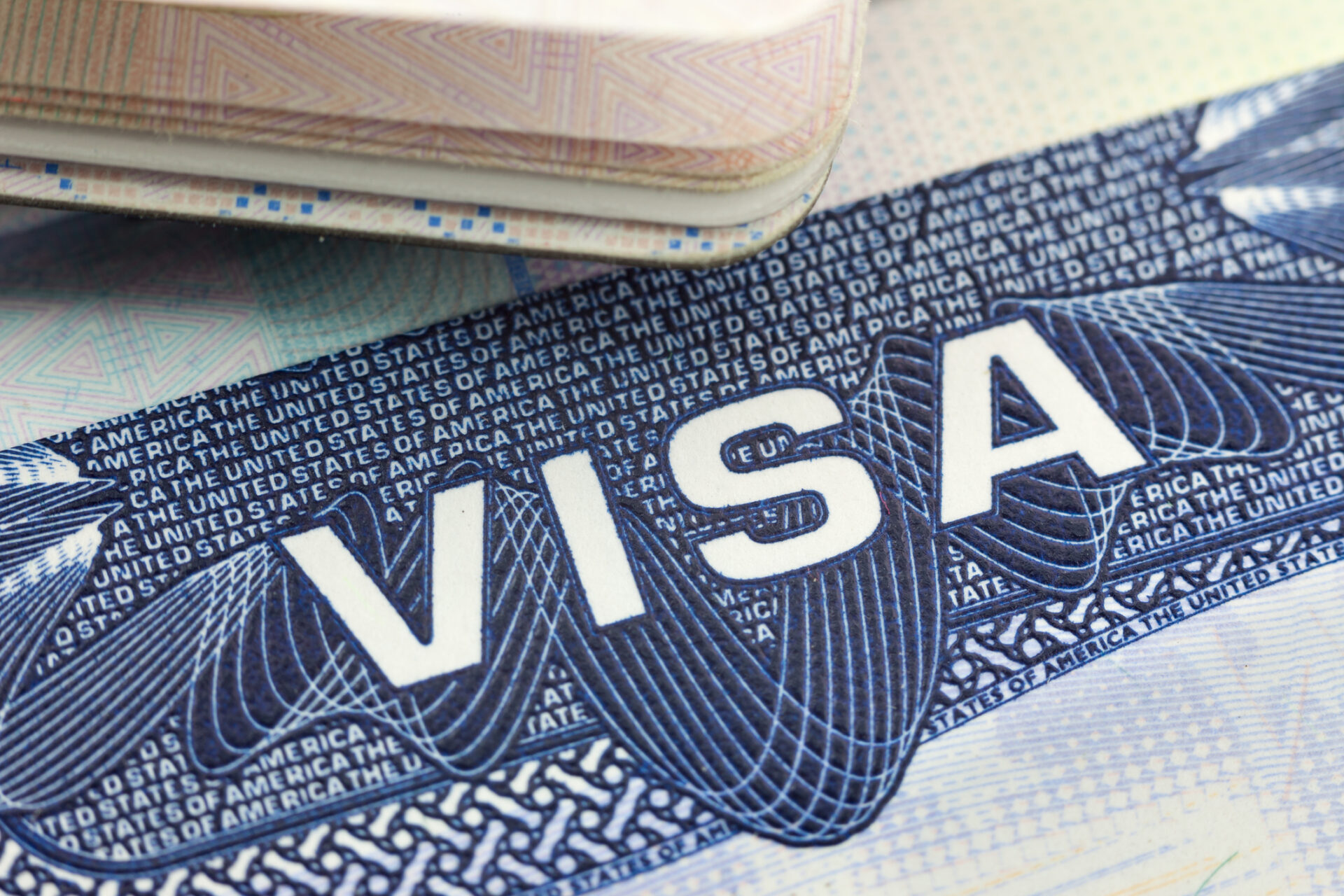September 10 honors World Suicide Prevention Day. AMOpportunities recognizes the critical importance of mental health to the field of healthcare. With suicide rates steadily increasing over the last 20 years and available psychiatrists decreasing, a mental health crisis has not only arrived but has been accelerated by the COVID-19 pandemic.
COVID-19 and Mental Health
The sudden changes to social and economic systems following the onset of the COVID-19 pandemic has undoubtedly led to a global mental health challenge. While it is too soon to understand the full effects of the pandemic on suicide rates, there are early indicators that a mental health crisis is already underway. According to the Center for Disease Control (CDC), as of June 2020 40% of the U.S. population reported to be struggling with one or more mental health symptoms of anxiety, depression, or trauma-related stressors and/or had started or increased substance abuse or had seriously considered suicide.
Although suicide rates in 2020 were actually down from 2019, there is reason to believe there is more to the picture. A 2013 study suggests that suicide rates typically remain lower during natural disasters only to see a delayed increase following the disaster. While suicide rates decreased in 2020, an observed rise in suicidal ideation suggests a coming reversal of this downtrend. An annual report from Mental Health America (MHA), a community-based mental health nonprofit shows a 93% increase from 2019 to 2020 in people taking MHA’s anxiety screening and a 62% increase in use of MHA’s depression screening during that same period. The same report reveals that young people, aged 11-17, are more likely to score as more at risk on these screenings.
A June 2021 report from the CDC suggests this increase is not strictly ideation. The report shows an increase in emergency department visits for suspected suicide attempts among 12-25 year olds, with girls aged 12-17 seeing an increase in ED visits of 50.6% following the onset of COVID-19.
Suicide Prevention and A Need for Psychiatrists
Unfortunately, the rapidly growing mental health crisis is being met with a decrease in trained and practicing psychiatrists. According to a 2017 report from the National Council for Behavioral Health, a shortage of 6,090 to 15,600 is expected by 2025. Although some of this projected shortage is a result of a weakening stigma against mental health, and therefore more patients seeking care, issues still loom. The Association of American Medical Colleges (AAMC) reported in 2015 that more than 60% of all practicing psychiatrists are over the age of 55, the fourth highest of all specialties.
Low recruitment to the specialty among young medical students has made replacing this looming retirement drain difficult. Psychiatry is a lower paying specialty and lingering stigmas around mental health are two main deterants against students entering the field.
However, there have been recent successes in recruiting students to the specialty. AAMC reports more established programs at big-name medical schools and specialized tracks have nearly doubled psychiatry enrollment at some schools. As well, the newer field of telepsychiatry has created new models for providing care, such as allowing psychiatrists to act in advisory roles to PCPs, and made the field more appealing to a new generation.
Solving Healthcare Shortages
Creating access to mental healthcare is an important aspect of efforts in suicide prevention. However, a shortage of psychiatrists creates both a barrier to accessing mental healthcare and an overwhelmed sector. Part of AMO’s mission is to help address worsening healthcare worker shortages by creating global access to medical education experiences.
We currently offer 16 psychiatry programs ranging from hands-on rotations, to nursing, and even virtual rotations to build skills in telepsychiatry. If you are interested in exploring the field of psychology, search through our psychiatry programs. If you would like more information about AMO’s rotations, reach out to an AMO advisor at advisors@amopportunities.org.
If you or anyone you know is struggling with suicidal thoughts:
- Call the National Suicide Prevention Lifeline at 1-800-273-8255
- Text the Crisis Text Line at 741741
- Reach out to the Trevor Project by phone at 1-866-488-7386 or by texting “START” to 678678
Other resources for suicide intervention are available through the Substance Abuse and Mental Health Services Administration






